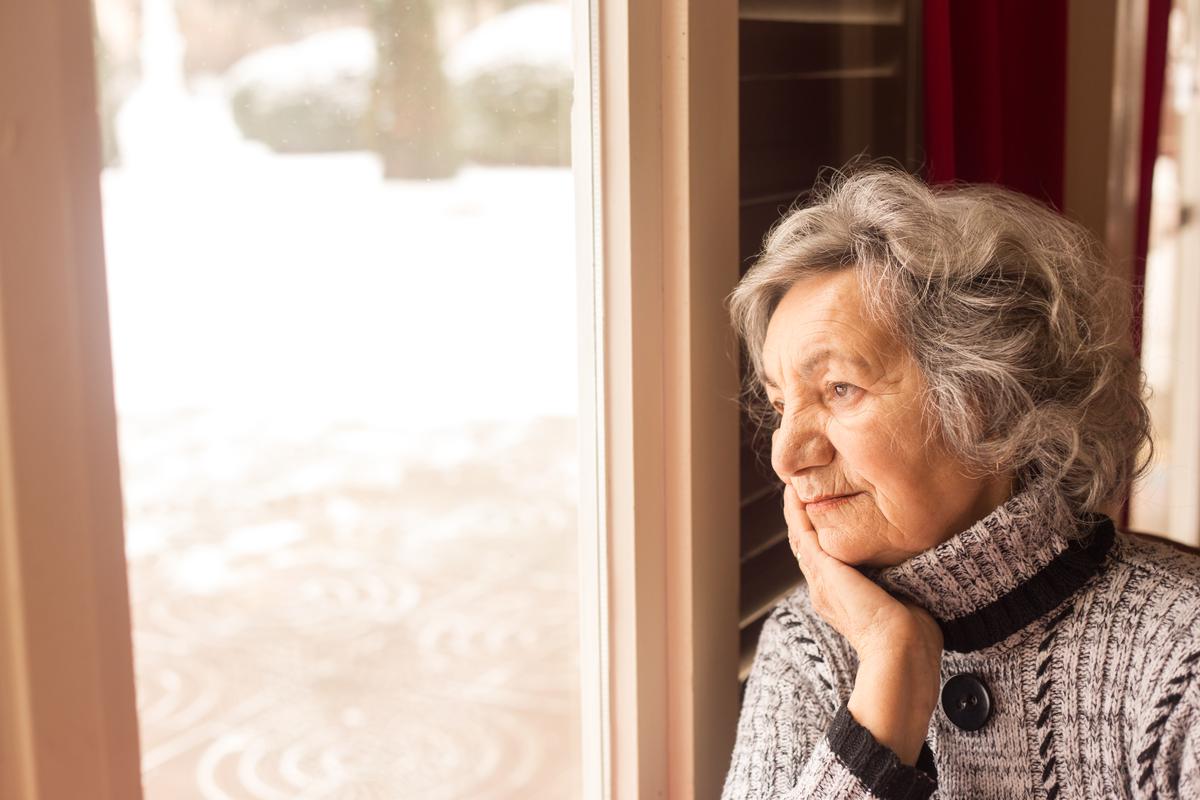
With colder temperatures and shorter daylight hours, it's common for seniors to experience a decline in mood and overall well-being, also known as the “winter blues” or Seasonal Affective Disorder (SAD). However, there are proactive steps that can be taken to help prevent SAD and promote better mental health during the winter months. Below are various strategies that seniors can implement right at home to combat the winter blues and maintain their overall health and well-being.
One of the key factors contributing to SAD is reduced exposure to natural light. Encourage seniors to spend time outdoors during daylight hours, even if it's just for a short walk or sitting by a window. Opening curtains or blinds during the day can also allow more natural light into their living spaces.
Create a Cozy Environment:
Making adjustments within the home environment can have a positive impact on mood during winter. Seniors can add warm lighting, soft blankets, and comfortable furniture arrangements that create a cozy atmosphere. This can help combat feelings of isolation and enhance feelings of comfort and relaxation.
Stay Active:
Regular physical activity is crucial for maintaining both physical and mental well-being. Encourage seniors to engage in indoor exercises tailored for their abilities such as chair yoga, stretching exercises, or even dancing along with music they enjoy.
Social Connections:
Maintaining social connections is essential for combating loneliness and depression in seniors during winter months. Encourage regular phone calls with loved ones or virtual meetups using video chat platforms like Skype or Zoom.
Healthy Diet:
A well-balanced diet plays a crucial role in overall health and can positively impact mood. Encourage seniors to consume nutritious meals rich in fruits, vegetables, whole grains, and lean proteins. Additionally, consulting a physician about incorporating foods high in vitamin D (such as fatty fish or fortified dairy products), or considering vitamin D supplements may also be beneficial.
By implementing these strategies at home, seniors can take proactive steps that might help prevent Seasonal Affective Disorder and combat the winter blues. It's important to remember that seeking professional healthcare advice is always recommended for guidance and support. Aveanna Home Health is always here to help. Contact us today to learn more about our personalized care services.